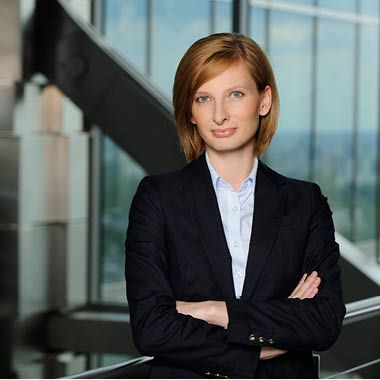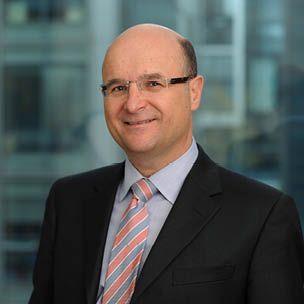Kinstellar and Allen & Overy, among others, have advised on NET4GAS’s optimization of its capital structure, including corporate bonds and bank loans amounting to approximately EUR 1.12 billion.
The refinancing follows the acquisition of NET4GAS, the Czech gas transmission system operator, by Allianz Capital Partners and Borealis Infrastructure Management, which was the largest M&A transaction in the energy sector in the Czech Republic in 2013. According to Allen & Overy, “given the nature of the issuer and borrower – NET4GAS – this deal is truly innovative and very specific and demanding because it required, among other things, particular focus on and attention to the regulatory and public procurement aspects, which led to a number of unprecedented complexities.”
Allen & Overy advised Barclays Bank PLC, BNP Paribas, Ceskoslovenska obchodni banka, Citigroup Global Markets Limited, Credit Agricole Corporate and Investment Bank, Erste Group Bank AG, Komercni banka, Merrill Lynch International, Societe Generale, The Royal Bank of Scotland plc, and UniCredit Bank AG, in their capacity as the dealers, and Citicorp Trustee Company Limited as the trustee, in connection with the establishment of the EUR 5 billion Euro Medium Term Note Program by NET4GAS and the inaugural issuances of EUR 300 million 2.5% fixed rate notes, EUR 160 million 3.5% fixed rate notes and CZK 7 billion 2.25% fixed rate notes (Kinstellar states that this represents the “largest corporate bond issuance denominated in Czech crowns in the history of the Czech Republic”) under that program. The A&O team also advised Bank of America Merrill Lynch International, BNP Paribas, Ceska sporitelna, Ceskoslovenska obchodni banka, Citibank Europe, Credit Agricole Corporate and Investment Bank, Export Development Canada, ING Bank, KFW IPEX BANK, and UniCredit Bank Czech Republic and Slovakia, in their capacity as lenders, and Ceska sporitelna, as the agent, in connection with various loan facilities and related financing arrangements entered into with NET4GAS.
According to an A&O statement, “by virtue of this deal NET4GAS group has successfully replaced the amount of acquisition debt, which resulted from the change in ownership in 2013, by a less expensive and more transparent long-term capital structure.”
The A&O team is being led by London-based Banking Partner Conrad Andersen and International Capital Markets Partners Parya Badie and Tim Conduit, with support from a Prague team consisting of Counsel Robert David and Associates Silvie Horackova, Petra Mysakova, and Petr Vybiral.
Other advisors on the refinancing included BNP Paribas as financial advisor and Linklaters and Arthur Cox as legal advisors.
Editorial Note: Several weeks after this article was originally published, Linklaters announced that its team on this matter included Partners Ian Andrews and Mark Nuttall and Managing Associates Alexander Shopov and Ilia Ditiatev.


